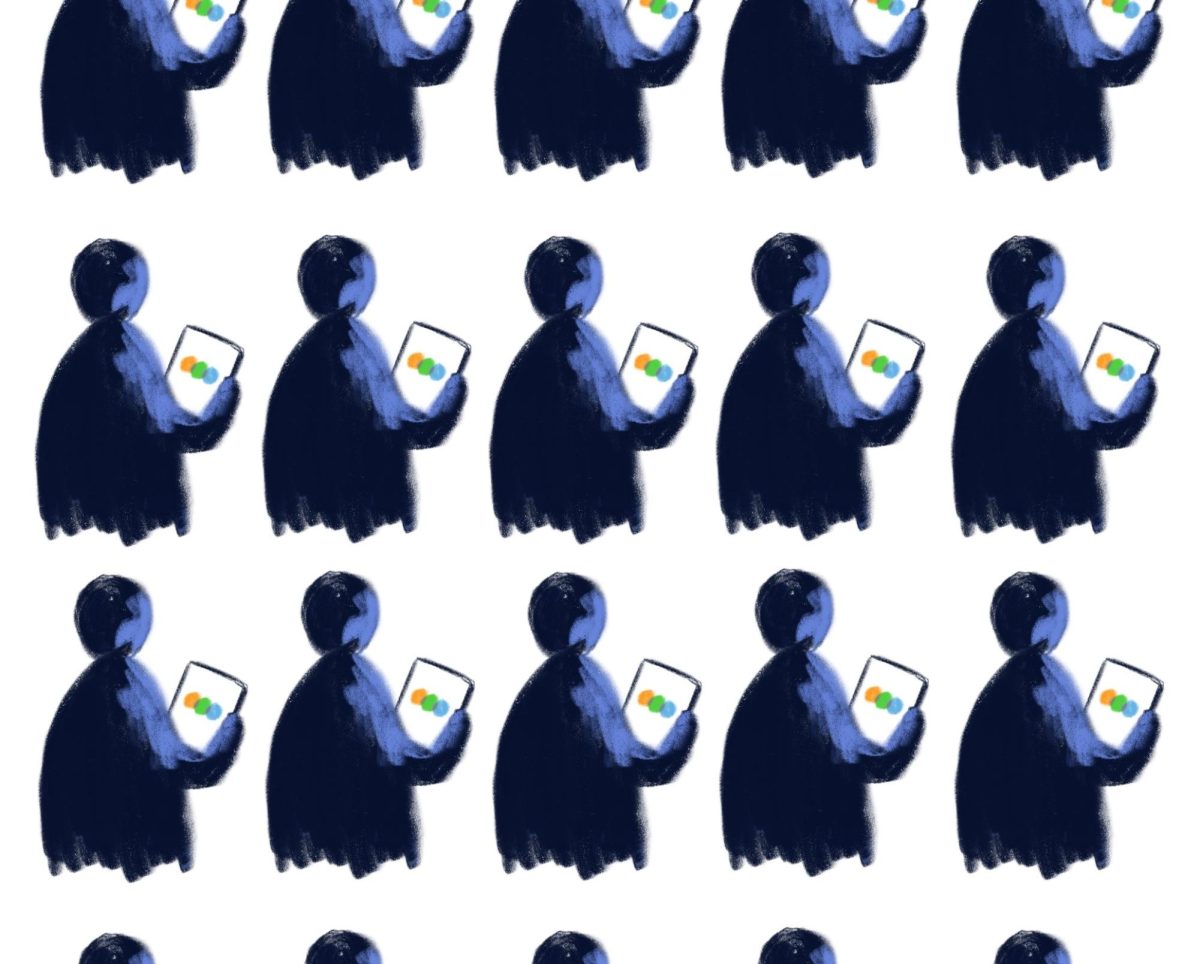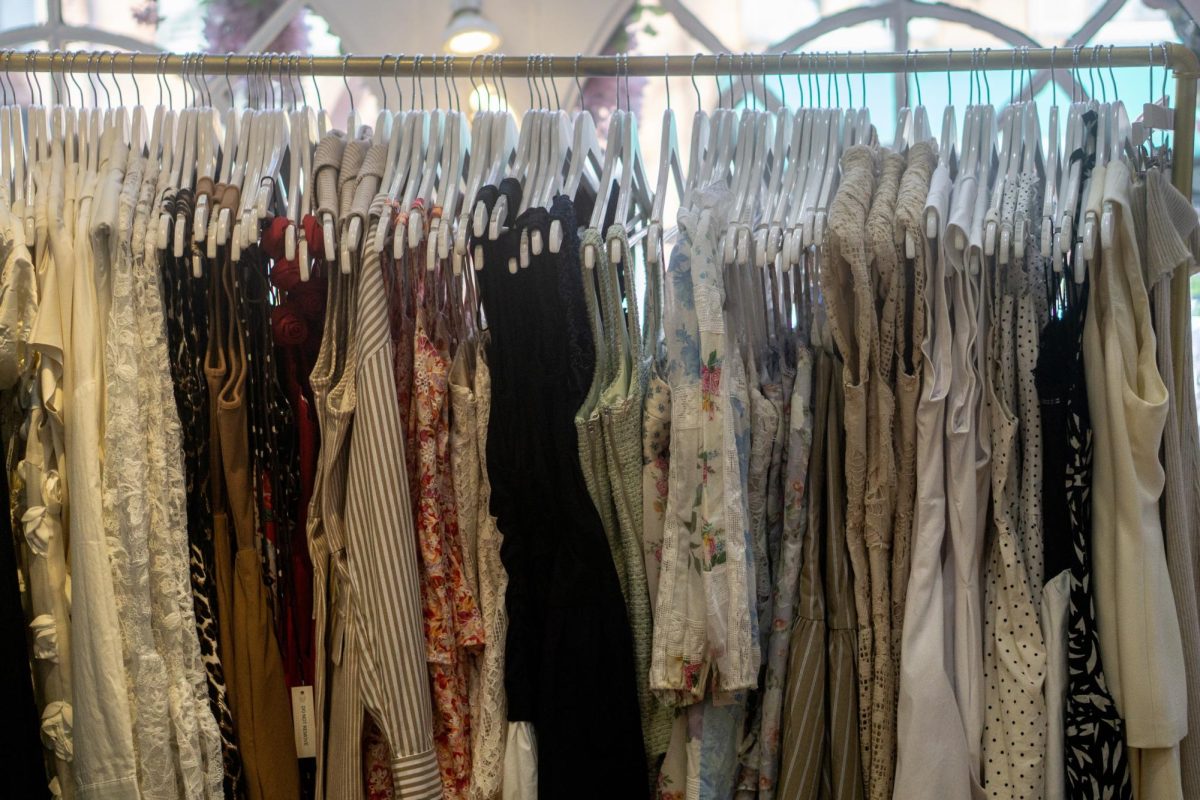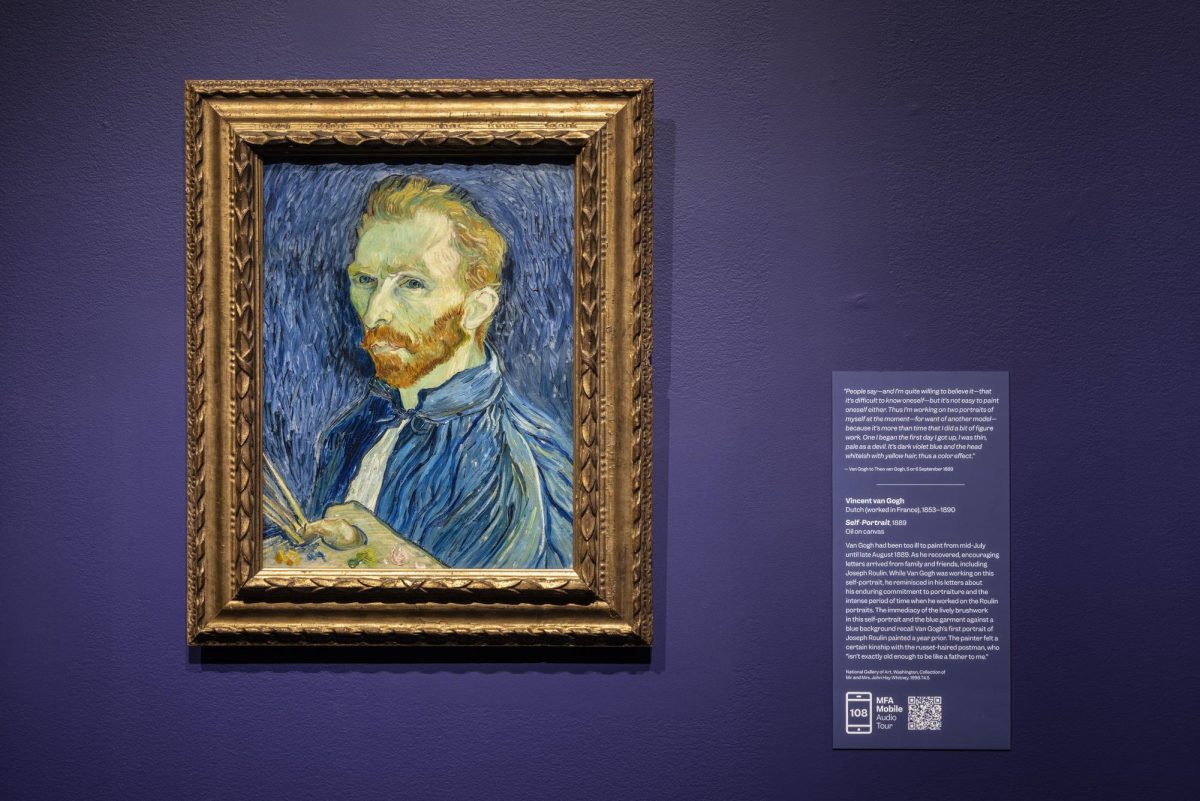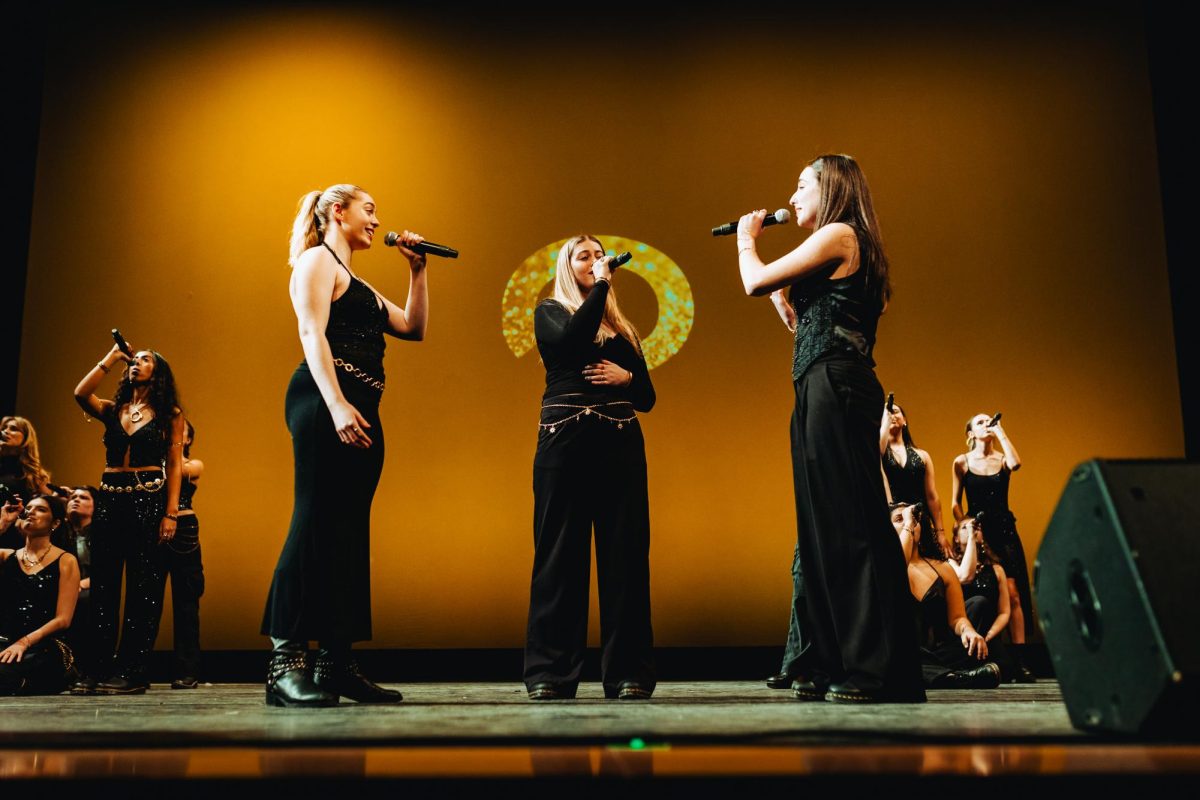Coined as the “Goodreads for movies” by founders Matthew Buchanan and Karl von Randow, Letterboxd has only become a household name in recent years — despite debuting in 2011. Known for its users’ humorous quips in place of lengthy movie reviews — witty remarks like “felix showing saltburn around as if he’s in 73 questions with vogue” are a common occurrence — the concept of Letterboxd grew from the lack of a social media site for movies.
Buchanan said he used Flickr for sharing photos and Last.fm for sharing his favorite music. While movie database IMDb allows users to write and view reviews, the website’s interface is not inherently social. Looking for a project to work on during their downtime as web developers for their company Cactuslab, Buchanan and von Randow began working on a solution: a social platform for movie enthusiasts.
Until February 2013, users could only join the site through an invitation. During that time, Letterboxd garnered 40,000 members who contributed more than 400,000 reviews, 44,000 lists and 8 million films to their profiles.
After opening the site to everyone, Letterboxd Pro was introduced for $19 a year. As a tiered internet service, a “Pro” status provided users with all-time and annual statistic pages (in terms of function and appeal, think Spotify Wrapped but for film fanatics); integration with services such as JustWatch, which allows users to see where a selected film is available for streaming; and ad-free access to the site. Patron status was also made available for $49 a year, providing users with Pro capabilities as well as access to greater personalization and beta features.
All users can log films that they have watched, the date they watched them and leave a review, rating or tag. Logged films are compiled into a diary where users can keep track of their watch history. What makes Letterboxd unique from other platforms, though, is the ability to follow other members and comment on their latest activity.
Similar to TikTok’s “For You Page,” Letterboxd creates a personalized “Activity Stream” that contains content from followed and recommended accounts. The platform also grants users the ability to create lists to share with their followers, allowing them to group and rank films based on their preferences. Last April, Letterboxd introduced a feature to share lists with friends through a private link, providing users with the option to keep their “Timothée Chalamet’s Silver Screen Soirée” list to themselves and their closest confidants.
It was not until 2019 that the site became profitable after declining early venture capital backing, as Buchanan and von Randow wanted to grow Letterboxd at their own pace with a team of nine full-time developers. As the COVID-19 pandemic emerged in 2020, the site welcomed more than a million new users, shifting the app’s main user base of cinephiles and established film critics to casual movie watchers. Currently, half of the platform’s users are under 35 years old, and half of that group is between the ages of 16 and 24.
On July 20, 2022, members recorded over 1 billion films watched, and today, the platform boasts over 10 million users. Last September, Tiny, a Canadian long-term holding company for digital businesses, acquired Letterboxd and valued the service at over $50 million. The firm now owns a 60% majority stake in Letterboxd. However, Buchanan and von Randow have assured users that “very little else will change.”
The purpose of the acquisition was to keep the platform’s business model while gaining the resources to expand and introduce current and new features. Among these new features include one that is available to Patron members: cast and crew photo-swap. Users can now change the photos associated with stars and filmmakers whenever they view cast and crew pages. Letterboxd also rolled out a feature recently that integrates movie screening times and locations into its platform, anticipating “that both cinemas and distributors will welcome the feature,” especially for arthouses and repertory movie theaters like The Brattle Theatre in Cambridge.
In early January, Letterboxd responded to a post on X, formerly Twitter, asking if there were plans for an app similar to it but for television series, announcing that “series will be coming later this year.” The response was met with negative criticisms by users on the platform, with many stating they would prefer a separate site for television shows. On Jan. 5, Letterboxd responded to another post on X about the forthcoming feature, stating that it “would be nice to live in a world where a small reply to a tweet is not ‘news.’”
Given how successful Letterboxd’s current features and new utilities are, it will be interesting to see how television show integration will pan out for the platform. Will users flock to the app to comment on Jeremy Allen White’s Emmy-winning performance in FX’s “The Bear”? Or will the feature flop like HBO’s “The Idol”? Only time will tell.















